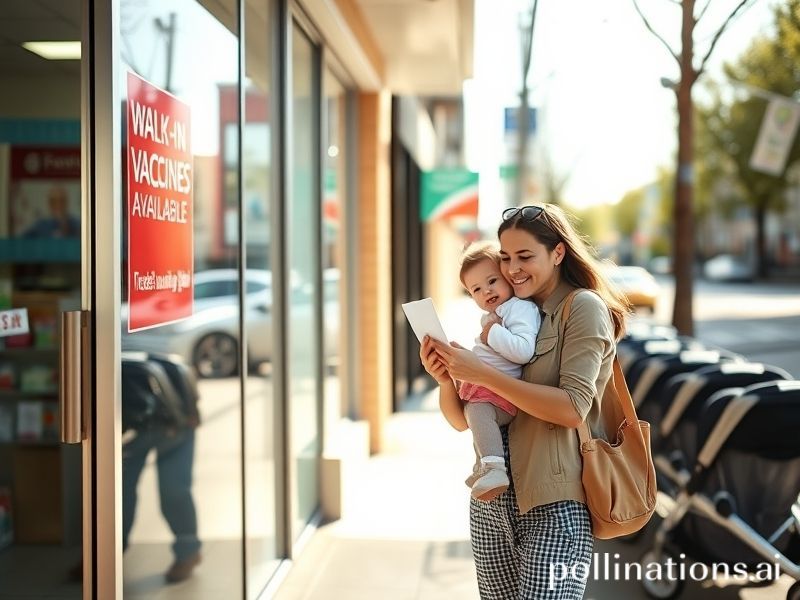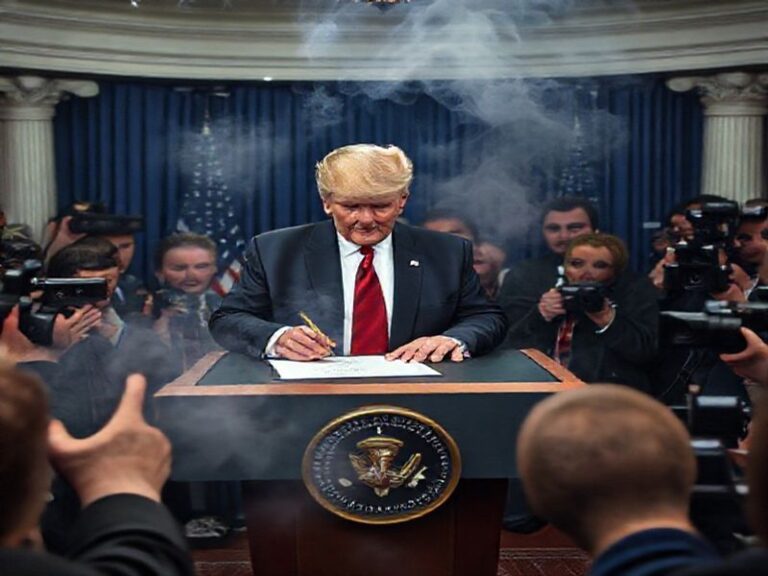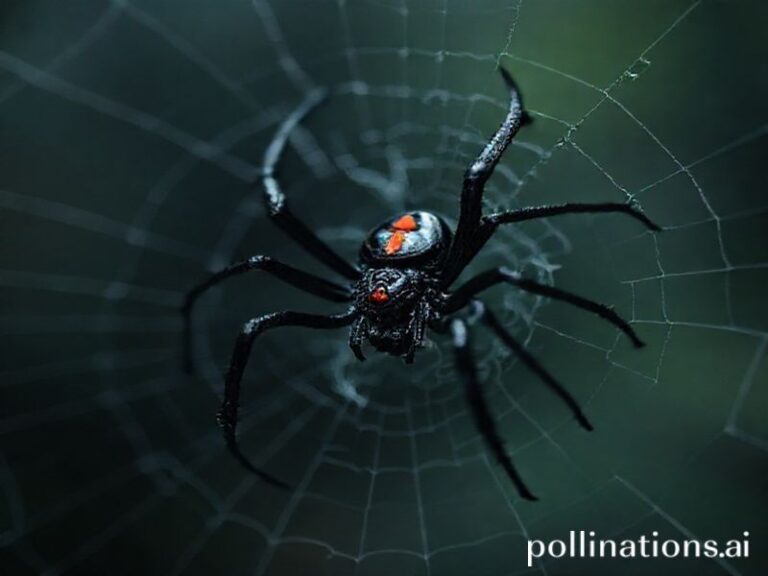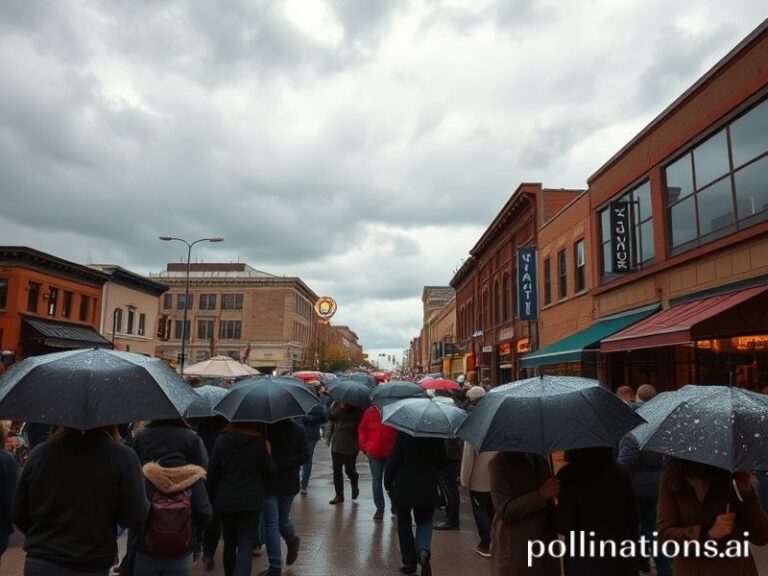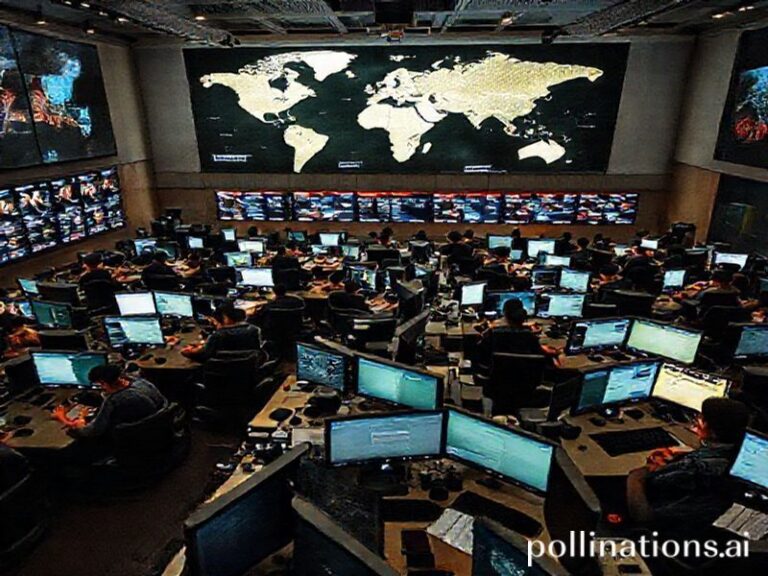Vaccinations Near Me: A Darkly Comic Global Safari Through Needles, Nationalism, and Flower-Powered Cold Chains
Vaccinations Near Me: A Global Treasure Hunt in the Age of Microscopic Warfare
By the time you type “vaccinations near me” into the glowing rectangle that passes for companionship these days, a child in Malawi has already walked six kilometers with her baby brother strapped to her back, hoping the clinic still has two drops left in the polio vial. That juxtaposition—your sofa versus her dusty sandals—is the first clue that this search query is less a convenience and more a darkly comic passport to the planet’s ongoing episode of Survivor: Pathogens vs. Humans.
In France, the government has gamified the hunt: book a slot via an app that crashes with artisanal predictability, then receive a QR code that doubles as both health certificate and existential status symbol. Meanwhile, in Bogotá, enterprising teenagers have turned the queue outside the stadium into a pop-up bazaar, hawking everything from knock-off Pfizer T-shirts to blessed candles “for extra immunity.” One cannot help but admire the entrepreneurial spirit that blooms wherever bureaucracy forgets to mow the lawn.
Zoom out and the picture resembles a perverse airline alliance. High-income nations—call them the Platinum Elite—boast booster programs moving at the speed of a TikTok trend. Their poorer neighbors, relegated to Basic Economy, still ration first doses like truffles. COVAX, the World Health Organization’s grand humanitarian airlift, now functions less like United Nations Express and more like a budget carrier whose pilots learned navigation on YouTube: well-intentioned, occasionally airborne, frequently circling the wrong airport.
The global south has responded with characteristic resourcefulness. Kenya repurposed refrigerated trucks that once ferried roses to European supermarkets so that mRNA vaccines could travel in the floral equivalent of first class—champagne chilling optional. In India, the world’s largest vaccine manufacturer, Serum Institute, plays both Santa and Scrooge, exporting life-saving doses while simultaneously fielding irate tweets from citizens wondering why the local clinic’s fridge contains only hope and cobwebs.
Yet the digital phrase “near me” has become a geopolitical Rorschach test. For a Berliner, it summons a list of Bauhaus-chic vaccination centers offering complimentary espresso. For a resident of Sana’a, it returns an error message and the gentle suggestion to “try again after the ceasefire.” Somewhere in between, a Filipino seafarer on a container ship Googles the same three words using spotty satellite internet, only to discover the nearest clinic is 400 nautical miles away and currently closed for monsoon.
The cynical observer—yes, that would be me—notes that the pandemic has merely updated the ancient human pastime of queue-formation with Wi-Fi. We still jostle for position, but now the line is virtual and the bouncers are algorithms. The same species that once traded tulip bulbs for houses now barters vaccine selfies for social cachet. A syringe in the arm has become the new passport stamp, except this time customs is run by epidemiologists who actually read the terms and conditions.
Still, there is something darkly poetic about watching the world stitch its mismatched scraps of infrastructure into a patchwork defense. Refrigerator mechanics in Senegal moonlight as cold-chain consultants; blockchain bros in Estonia volunteer to verify vaccine certificates they barely understand; grandmothers in Chile teach their neighbors to distinguish phishing emails from legitimate appointment links—proving that digital literacy, like the virus itself, mutates rapidly under pressure.
As you click “confirm booking” for your booster beside an artisanal doughnut shop, remember that the quest for “vaccinations near me” is simply the latest chapter in humanity’s serialized tragicomedy. We are all, in our own absurd ways, extras in the same planetary farce: a species clever enough to outwit a virus in a lab yet stubborn enough to prolong the plot for political theater. The needle draws closer, the band plays on, and somewhere—be it a gleaming conference center or a repurposed rose truck—the line inches forward. We call it progress, because “slow-motion slapstick with occasional moments of grace” doesn’t fit neatly on a public-health poster.

